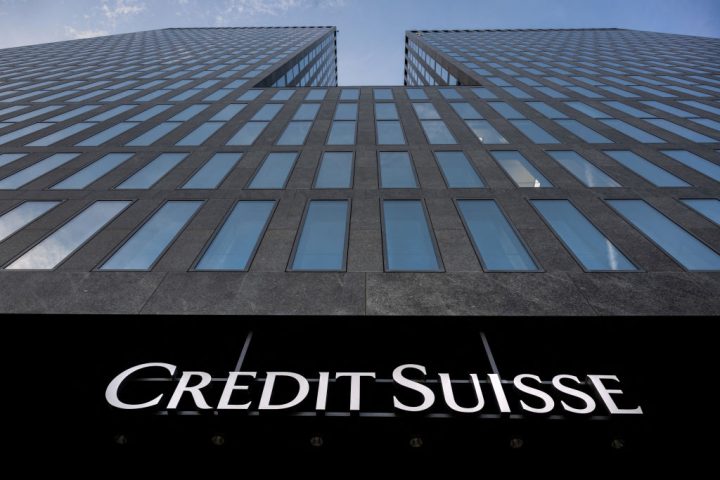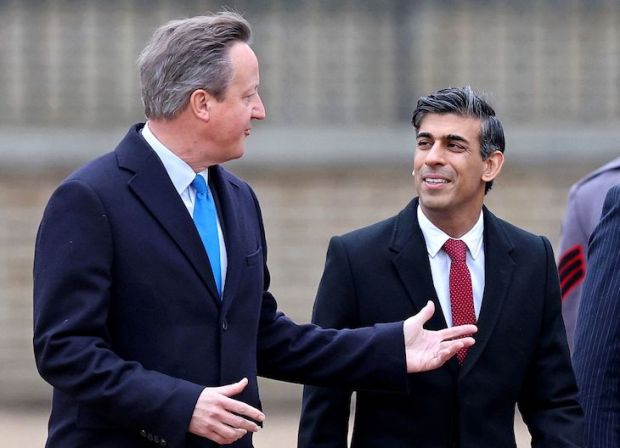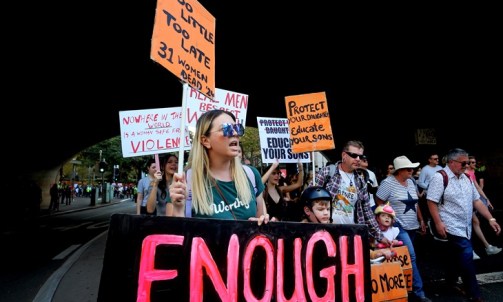Another Sunday, another banking takeover swiftly arranged before markets open on Monday morning. This time Credit Suisse has agreed to be bought by fellow Swiss bank UBS for 0.5 Swiss Francs a share – less than a third of its closing price on Friday and less than a tenth of what the bank was worth a year ago. A banking collapse which was beginning to look inevitable in spite of a 50 billion Swiss Franc bailout by the Swiss central bank on Friday has been averted, market turmoil has been avoided, or postponed, jobs have been saved (although many are expected to be lost in London as Credit Suisse’s investment banking operations are shrunk). Shareholders have not been left empty-handed. But at what cost? There is an obvious risk of contagion spreading to UBS in the way that Halifax Bank of Scotland’s troubles were visited on Lloyds Bank after a similarly hasty merger in 2008. But we are back into the realms of moral hazard.
It is a disaster when a bank goes bust, but there is also a danger when banks are not allowed to go bust. It didn’t take long after the 2008/09 crisis for banks to return to their old reckless ways, as well as pleading to be spared new regulations. And now we are seeing the results. The banking industry never really got its house fully in order after 2008. Banks continued to make the same presumption as they had prior to 2008: that they were too big to fail, that somehow, governments and central banks between them would always bail them out. So far, they have been proved right: interest rates were kept at record-low levels way beyond the end of 2008/09 crisis, and central banks continued to pump liquidity into the financial system via quantitative-easing. The bubble was kept inflated – or at least it was until central banks could no longer ignore the inflation surge which followed the pandemic.
The question for this week is: do the Bank of England and the US Federal Reserve continue their campaign against inflation and raise interest rates once more, as they had been expected to do – or do they react to the banking crisis by beating a retreat and at least holding rates this month. Should they go ahead with a rise then there is the danger of more stress in the banking sector becoming apparent. But if they hold fire then they could create the expectation that once again, bailouts and stimulus packages will be unlashed to try to prop up the economy, bad businesses included.
What we are lacking is a standard protocol for when a bank gets into trouble. We have a deposit guarantee scheme under which the UK government agrees to repay depositors the first £85,000 in their accounts should a bank fail. Joe Biden has promised to refund all deposits in the US arm of the Silicon Valley Bank. But if government decides that a bank is too big to fail? What we could really do with is a procedure by which a bank is put into receivership by the Bank of England, with its basic banking services continuing undisturbed, but where shareholders lose their shirts and senior management lose their pensions. That might just concentrate minds a little and ensure that once and for all, banks are driven to be more responsible
Got something to add? Join the discussion and comment below.
Get 10 issues for just $10
Subscribe to The Spectator Australia today for the next 10 magazine issues, plus full online access, for just $10.





















Comments
Don't miss out
Join the conversation with other Spectator Australia readers. Subscribe to leave a comment.
SUBSCRIBEAlready a subscriber? Log in